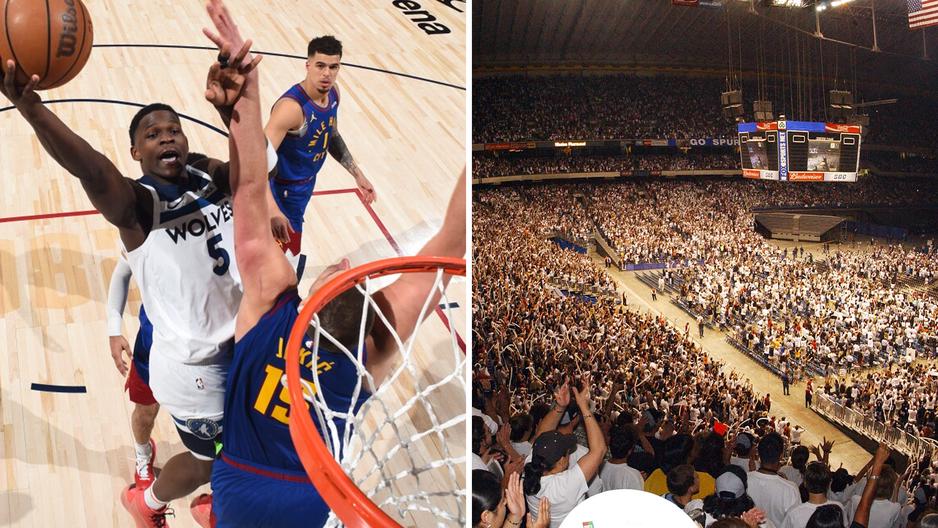Breaking: NBA Permanently Bans Bud Light, Not a Single Can in Sight

In a groundbreaking decision, the NBA has declared a permanent ban on Bud Light from all its games and facilities. This decision ends a longstanding partnership with America’s once best-selling beer, which has found itself at the center of a sweeping controversy and a significant decline in popularity.
The seeds of this dramatic shift were planted in April, when Bud Light announced a sponsorship deal with transgender influencer Dylan Mulvaney.
The partnership, intended to resonate with a diverse audience, instead sparked a massive backlash, with significant anti-trans sentiments permeating the brand’s traditionally broad supporter base.
High-profile incidents, such as Kid Rock publicly destroying cases of Bud Light with a rifle, catalyzed a widespread boycott. By June, NielsenIQ reported that Modelo Especial had dethroned Bud Light, marking the first time in over two decades that Bud Light was not America’s top-selling beer.
Bud Light’s dominance in the beer market had long seemed unshakeable. Yet, the brand’s sudden decline underscored a fragile foundation, hastened by shifting American tastes and a broadening beer market.
With over 9,500 craft breweries offering a range of flavorful alternatives—from robust IPAs to fruited sour ales—the preference for light lagers has waned. The beverage industry now sees stiff competition from a surge in the popularity of cocktails, wine, spirits, and seltzers.
The NBA’s decision to sever ties with Bud Light reflects a broader trend within sports sponsorships, where brands aligned with controversy or declining market presence are becoming less attractive to major sports leagues, keen on maintaining a positive public image and broad appeal.
“This is not just about a sponsorship,” an NBA spokesperson commented, “It’s about aligning our partners with our values and ensuring our fans feel represented and respected.”
This ban signifies a significant shift in sports marketing dynamics. For Anheuser-Busch, the makers of Bud Light, the loss is twofold: not only do they face diminished direct access to the NBA’s vast audience, but they also confront the broader challenge of reestablishing brand trust and appeal in a volatile market.
“The boycott and the subsequent NBA decision highlight a volatile landscape for brands that fail to navigate social issues with sensitivity,” explains Bryan Roth, editor of the alcoholic-beverage newsletter Sightlines. “Today’s diverse array of drinkers demands that brands respect their values. If they don’t, consumers will easily find alternatives.”
As the NBA looks to fill the sponsorship void left by Bud Light, the league is likely to seek partners that better reflect the evolving preferences and values of its audience. This scenario may prompt other major sports leagues to reevaluate their sponsorship strategies, particularly in terms of brand alignment and consumer perception.
The ban is more than a financial or market concern—it’s a message that in today’s sociopolitical climate, consumer values and corporate responsibility cannot be ignored. As the landscape of American tastes continues to diversify, both sports leagues and beverage brands are challenged to adapt or face the consequences.
In conclusion, the NBA’s ban on Bud Light is a landmark decision in the realm of sports sponsorships, signaling a new era where consumer power and social responsibility play increasingly pivotal roles in shaping corporate strategies and alliances. This move might just be the first domino to fall in a series of changes across sponsorship agreements in sports and beyond.





